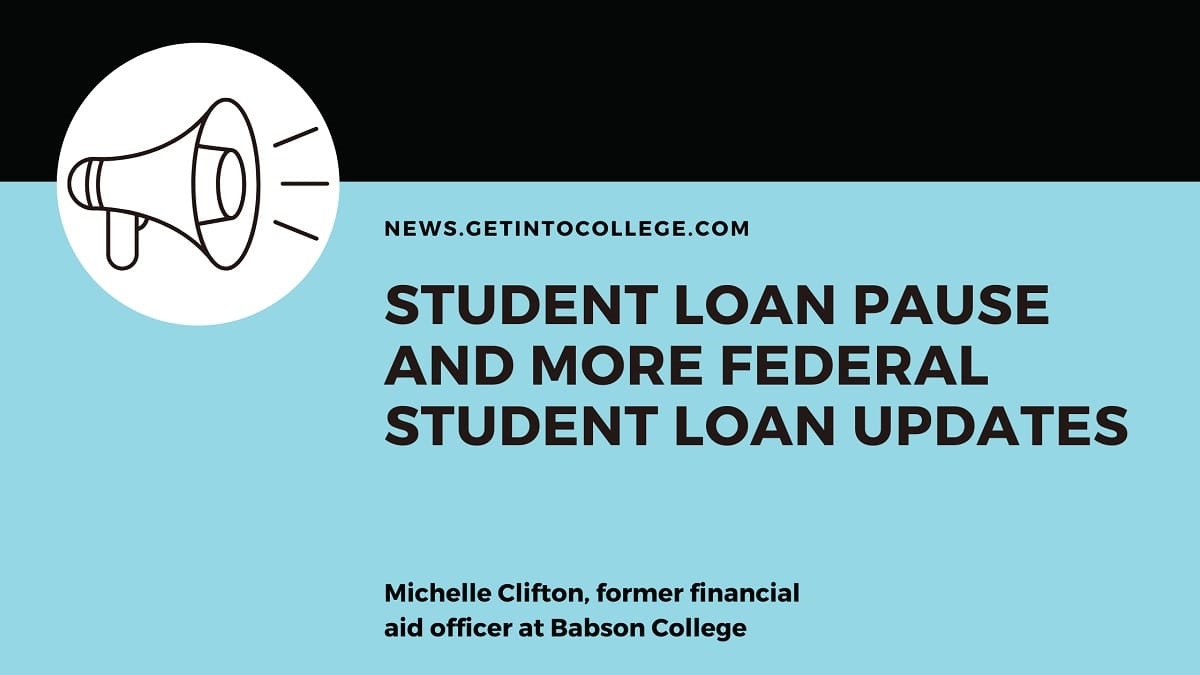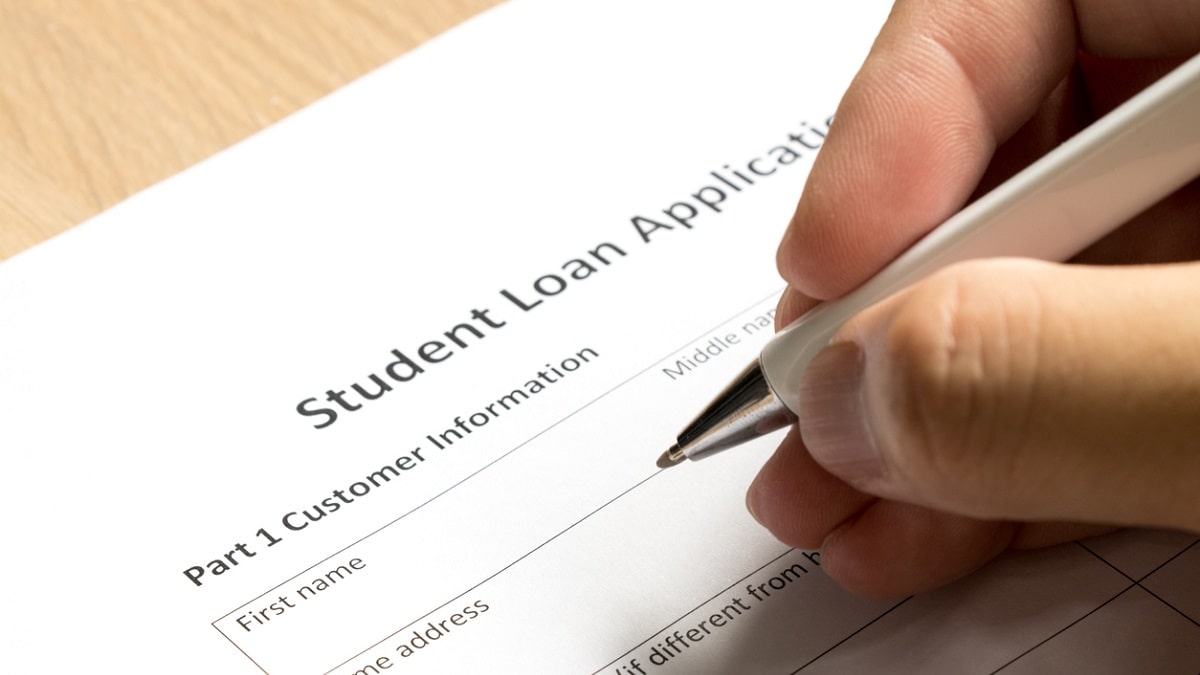Student Loan Pause and More Federal Student Loan Updates
There is a lot happening in the world of federal student loans! Here is a summary of announcements from the last few weeks.
Student loan pause extended
You have probably heard the student loan pause—the administrative forbearance on federal loans owned by the Department of Education—has been extended once again and is now set to expire on August 31, 2022. In addition to the extra time for borrowers, the Department of Education confirmed that delinquent and defaulted loans will be brought current and considered in good standing when loans go back into repayment, giving these borrowers a fresh start on their education debt. Borrowers who were using an income-driven repayment plan (IDR) prior to the pandemic will not need to recertify their income until March 2023 at the earliest. Those who may be earning less now than previously may opt to recertify early to update their monthly payment amount based on current finances. There is a temporary option to self-report income without confirming with the supporting tax data, which is currently set to expire on February 28, 2023. Remember, this time of administrative forbearance is counting as time towards PSLF and IDR forgiveness.
Some borrowers will be closer to forgiveness after one-time adjustments
In more recent news, borrowers who are working towards loan forgiveness either through Public Service Loan Forgiveness (PSLF) or income-driven repayment (IDR) forgiveness may be receiving some extra time counted if long-term forbearance was used pre-pandemic. The Department of Education is defining this as 12 months or more per forbearance or 36 total months. Why is the Department counting this time? Because many borrowers were steered towards forbearance from their servicers when they could have potentially used an IDR plan with a low monthly payment and made progress towards forgiveness. This one-time review is happening automatically in late 2022. However, borrowers who may have used forbearance during shorter timeframes may file a complaint to request an account review with the FSA Ombudsman. Going forward, servicers will be under increased scrutiny and audits regarding their use of forbearance. Servicers may no longer put a borrower in forbearance via a simple text or email request.
Another issue the Department has addressed is how servicers have been tracking IDR payments. Borrowers who make payments under IDR plans over a long period of time can obtain forgiveness after 20 or 25 years (depending on the plan). Currently borrowers who are counting on this relief have no way to confirm their progress. Starting in 2023, IDR payment counts will be tracked on StudentAid.gov so borrowers will be able to check their progress, similar to how borrowers working towards PSLF have been able to for years. To account for the past issue of servicers not tracking these IDR payments, the Department will be going back and counting any months that a Direct loan or Federal Family Education Loan (FFEL) borrower was in repayment, regardless of the repayment plan. They will be counting time in repayment prior to consolidation and any time in deferment prior to 2013 (except for in-school deferment). This account review will happen on borrowers’ behalf throughout the rest of 2022.
Limited PSLF waiver ends
Borrowers working in public service should continue to take the appropriate action to get their prior periods of repayment counted towards Public Service Loan Forgiveness (PSLF). Review the steps to take no later than October 31, 2022. It is taking months for the review of these applications, so we encourage you to get started on this if you have not already.
Also, borrowers who believe their qualified payment counts are incorrect now have the option to submit an electronic request through the Federal Student Aid (FSA) website. This applies to borrowers who were denied PSLF or TEPSLF forgiveness in the past in error or for those who have yet to complete 120 payments but believe their payment count is inaccurate. They do note that borrowers who have submitted the PSLF Form for the Limited PSLF Waiver should not use this process after October 2022 as that application may still be in review.
Finally, borrowers who are working towards PSLF will remain with FedLoanServicing for a few more months and should be transferred to MOHELA towards the end of 2022. Here are some tips to confirm your federal loan servicer.
There is a lot to unpack here and more updates will follow. Watch this space for future information and loan guidance.






